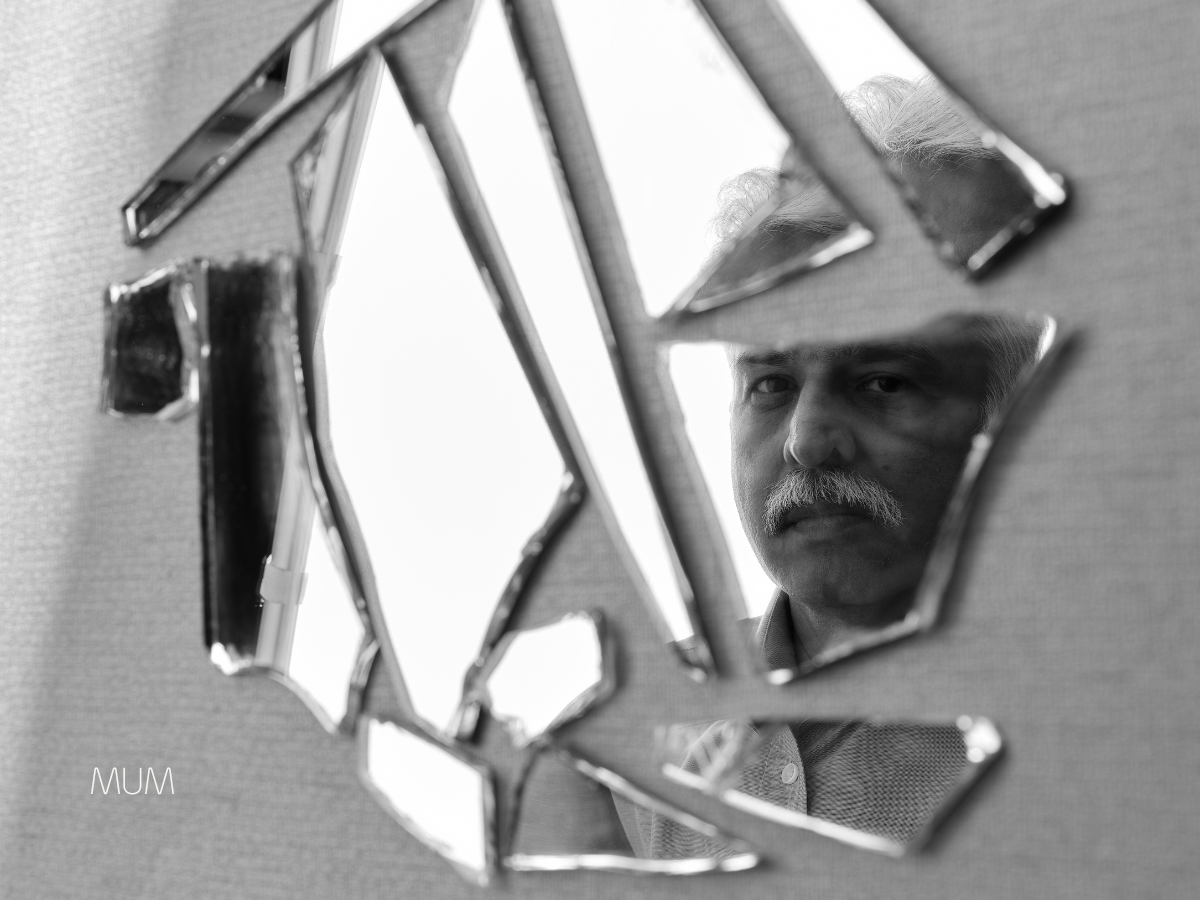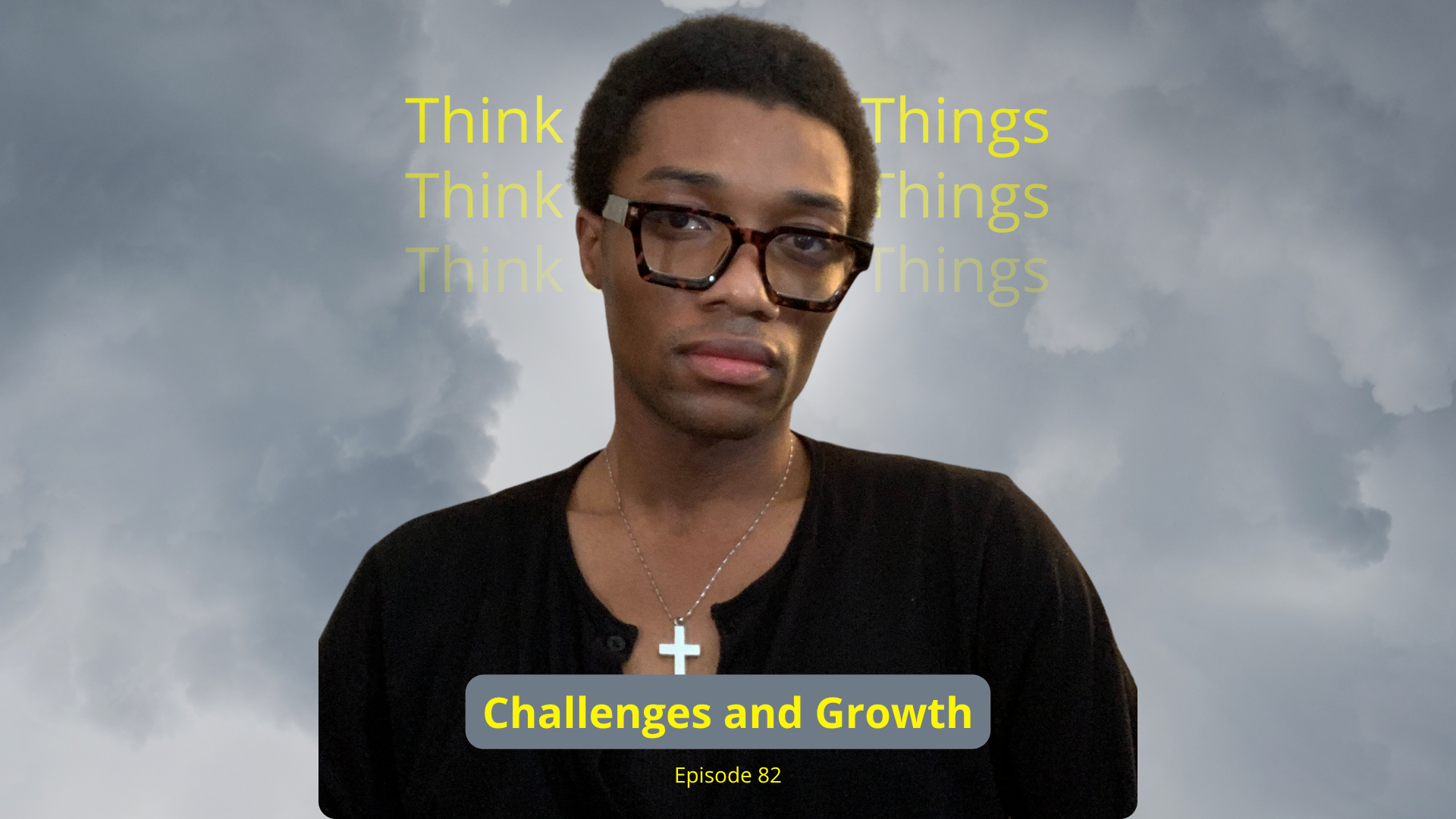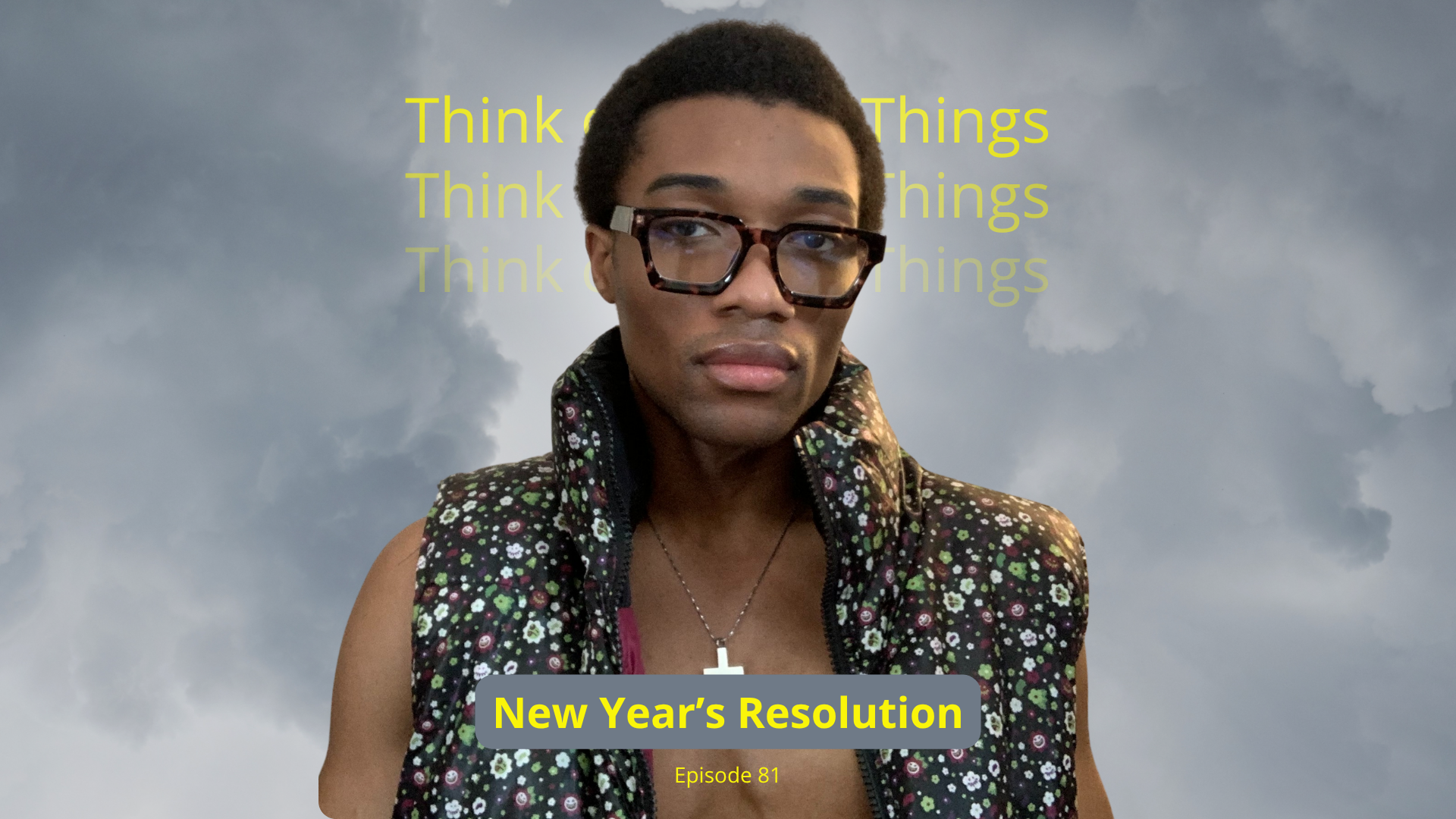The Dangers of Hubris: Understanding "Pride Cometh Before the Fall"
Exploring the cautionary power of an age-old proverb
The adage "Pride cometh before the fall" serves as a stark warning about the perilous nature of excessive pride or arrogance. It encapsulates the idea that an inflated sense of self-importance, often manifested as hubris or overconfidence, inevitably precedes a period of decline or failure. Essentially, it posits that when one believes they are invincible or infallible, they become blind to their own limitations and vulnerabilities.
This blindness leads to poor judgment, reckless decisions, and ultimately, a humbling descent from their perceived pedestal. The adage isn't merely about feeling good about oneself; it targets the destructive power of unchecked egotism, which clouds reason and invites disaster. It highlights the delicate balance between healthy self-esteem and harmful self-aggrandizement, emphasizing that true strength lies in recognizing one's fallibility.
The roots of this profound saying lie in the biblical verse Proverbs 16:18: "Pride goeth before destruction, and a haughty spirit before a fall." This verse, embedded within the wisdom literature of the Old Testament, has resonated across cultures and centuries. The concept it conveys, however, is not unique to Judeo-Christian tradition. Ancient Greek tragedies, for example, are rife with examples of characters whose hubris leads to their tragic downfall. From Icarus, who flew too close to the sun, to Oedipus, whose pride blinded him to his own fate, these stories serve as cautionary tales reinforcing the universal truth of the adage.
Throughout history, philosophers and moralists have echoed this sentiment, emphasizing the importance of humility as a virtue. The concept has permeated literature, from Shakespeare’s plays exploring the downfall of ambitious characters to modern novels examining the consequences of unchecked ambition. The consistent reoccurrence of this theme underscores its enduring relevance and its deep-seated understanding of human nature.
In our contemporary world, "Pride cometh before the fall" remains a vital lesson, applicable across various domains. In leadership, for instance, a leader who becomes arrogant and dismissive of others' opinions risks alienating their team and making disastrous decisions. Similarly, in personal development, overconfidence can lead to complacency, hindering growth and learning. In relationships, pride can create barriers, preventing genuine connection and fostering resentment.
Consider the tech startup founder who, convinced of their own genius, ignores market feedback and launches a product that flops. Or the athlete who, believing they are unbeatable, neglects training and suffers a crushing defeat. Conversely, individuals who practice humility and self-awareness are more likely to learn from their mistakes, build strong relationships, and achieve sustainable success. Balancing confidence with humility involves recognizing one's strengths while acknowledging limitations, seeking feedback, and remaining open to learning. It means understanding that achievement is often a collective effort, not a solitary triumph.
Ultimately, "Pride cometh before the fall" encourages us to cultivate a mindset of humility and self-awareness. By recognizing our own fallibility and embracing a spirit of continuous learning, we can avoid the pitfalls of arrogance and build more resilient, meaningful lives. Let us reflect on our own actions and strive to maintain a balanced perspective, remembering that true strength often lies in acknowledging our weaknesses.
Keep Going!
Check out these related posts








